Views: 1
Title: HIS 802: Reformation and Modern Church Movements
Subtitle: From Reformation to Contemporary Christianity
Course Name & Level: Reformation and Modern Church Movements, Doctorate Degree
Number of Credit Hours: 3 credit hours
Keywords: Reformation, Modern Church, Church Movements
1. Introduction:
This course explores the Reformation and subsequent movements that have shaped modern Christianity. It examines key figures, events, and theological developments from the 16th century to the present.
2. Course Description:
An advanced study of the Reformation and modern church movements, focusing on the theological, social, and political factors that influenced these pivotal periods in Christian history. The course includes an analysis of primary texts and their impact on contemporary theology.
3. Course Purpose:
To provide an in-depth understanding of the Reformation and modern church movements and their influence on contemporary Christian thought and practice.
4. Course Objectives:
To critically analyze the historical and theological developments during the Reformation and modern church movements and evaluate their impact on contemporary Christianity.
5. Key Terms Defined & Key Concepts Explained:
- Reformation: A 16th-century movement for the reform of the Catholic Church, leading to the establishment of Protestant churches.
- Martin Luther: A key figure in the Reformation, known for his 95 Theses and theological reforms.
- John Calvin: An influential Reformer whose teachings formed the basis of Calvinism.
- Counter-Reformation: The Catholic Church’s response to the Protestant Reformation, including the Council of Trent.
- Modern Church Movements: Movements within Christianity from the 18th century to the present, including Evangelicalism, Pentecostalism, and the Ecumenical Movement.
- Theological Developments: Changes and continuities in Christian doctrine and practice during these periods.
- Ecumenical Movement: A movement aimed at promoting unity among Christian denominations.
6. Specific Topics with Descriptions:
- Introduction to the Reformation: Overview of the course and its objectives.
- Causes of the Reformation: Examination of the theological, social, and political factors leading to the Reformation.
- Martin Luther and the 95 Theses: Analysis of Luther’s role in the Reformation and his key writings.
- John Calvin and Reformed Theology: Study of Calvin’s teachings and their impact on Protestantism.
- The Anabaptist Movement: Examination of the radical wing of the Reformation.
- The English Reformation: Exploration of the Reformation in England and its unique characteristics.
- The Counter-Reformation: Analysis of the Catholic Church’s response to the Reformation.
- The Council of Trent: Examination of the key decisions and reforms of the Council of Trent.
- The Puritan Movement: Study of the Puritans and their influence on American Christianity.
- The Great Awakenings: Exploration of the religious revivals in the 18th and 19th centuries.
- The Rise of Evangelicalism: Examination of the development and impact of Evangelical Christianity.
- Pentecostal and Charismatic Movements: Study of the origins and growth of Pentecostalism and the Charismatic Movement.
- The Ecumenical Movement: Analysis of efforts to promote Christian unity in the 20th and 21st centuries.
- Contemporary Church Movements: Examination of current trends and movements within Christianity.
- Research Methodologies for Historical Theology: Examination of research methods applicable to the study of the Reformation and modern church movements.
7. Assessments with Descriptions:
- Quizzes: Regular quizzes to test knowledge of key concepts and historical events.
- Reflection Papers: Written reflections on personal insights and learnings from specific topics.
- Research Proposal: Development of a research proposal on a chosen topic related to the Reformation and modern church movements.
- Literature Review: Comprehensive review of existing literature related to the research topic.
- Research Paper: An in-depth research paper on an advanced topic in the study of the Reformation and modern church movements.
- Midterm Exam: An exam covering the first half of the course material.
- Final Exam: Comprehensive exam covering the entire course.
- Participation: Active participation in seminar discussions and group activities.
- Presentation: A presentation on a significant aspect of the Reformation or a modern church movement.
8. Research References:
- The Reformation: A History by Diarmaid MacCulloch. eBook format. MLA Citation: MacCulloch, Diarmaid. The Reformation: A History. Viking Penguin, 2003.
- Institutes of the Christian Religion by John Calvin. eBook format. MLA Citation: Calvin, John. Institutes of the Christian Religion. Translated by Henry Beveridge, Wm. B. Eerdmans Publishing Co., 1989.
- The Counter-Reformation by John O’Malley. eBook format. MLA Citation: O’Malley, John. The Counter-Reformation. Harvard University Press, 1993.
- The Rise of Evangelicalism: The Age of Edwards, Whitefield and the Wesleys by Mark A. Noll. eBook format. MLA Citation: Noll, Mark A. The Rise of Evangelicalism: The Age of Edwards, Whitefield and the Wesleys. InterVarsity Press, 2003.
- The Pentecostals by Walter J. Hollenweger. eBook format. MLA Citation: Hollenweger, Walter J. The Pentecostals. SCM Press, 1972.
This comprehensive curriculum ensures that students engage deeply with the Reformation and modern church movements, focusing on King Jesus, His Kingdom, and His Great Commission.
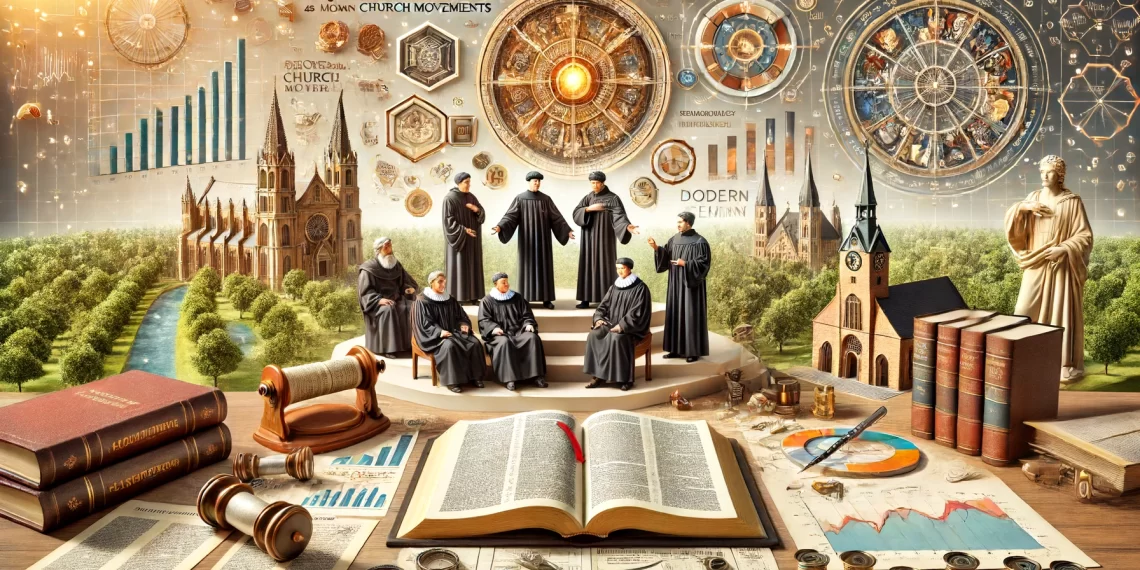
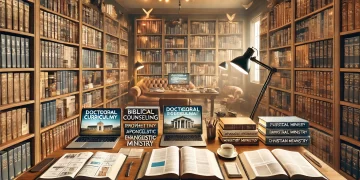
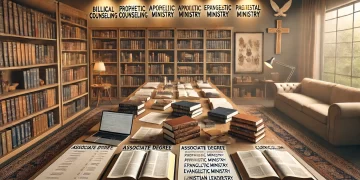
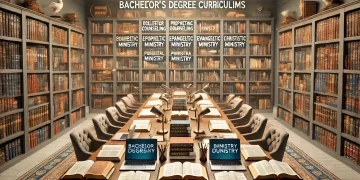
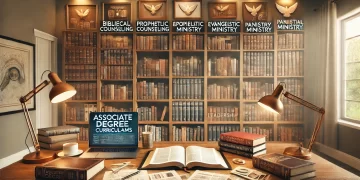


![Jacob and Esau [Genesis 25:19-34; 27:1-28:22]](https://kingj.tv/wp-content/uploads/2024/04/Jacob-and-Esau-in-Genesis-25_19-34-and-27_1-28_22-120x86.webp)


